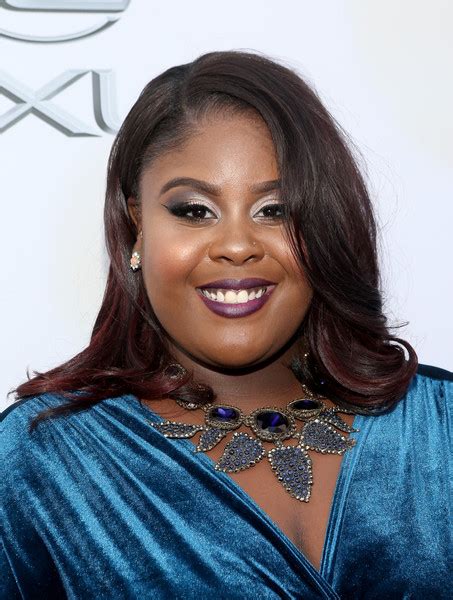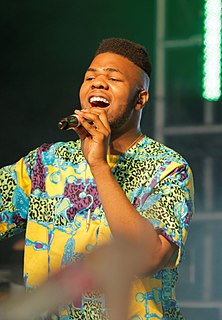A Quote by Lena Waithe
It's weird because I see black gay characters on television all the time, but do I relate to them? Not always, because they're set pieces.
Related Quotes
As a comedian I don't think they look at me as a sexual person but I can see where with actors it would be a little difficult for them because its part of their mystique, it gives them an easier time to change characters and people aren't going oh we have a gay actor, their gay so I don't know if I'm gunna buy this guy with this girl, its weird, I don't think it's fair; it's only done with us, it seems, like they just accept everyone as straight and go along with it and then its oh their gay and make a big deal out of it.
The black community wants to buy things and want to see themselves portrayed in a certain way. And if they don't like what they see, then they won't spend their money. Everyone's not gonna always relate to Captain America; everyone is not going to always relate to Thor. A lot of characters just don't speak to them.
In America, and no doubt elsewhere, we have such a tendency toward the segregation of cultural products. This is a black book, this is a gay book, this is an Asian book. It can be counterproductive both to the literary enterprise and to people's reading, because it can set up barriers. Readers may think, "Oh, I'm a straight man from Atlanta and I'm white, so I won't enjoy that book because it's by a gay black woman in Brooklyn." They're encouraged to think that, in a way, because of the categorization in the media.
We have African-Americans and black people getting behind the scenes more and more, we get true black images in television and film...because we have black people behind them. They can tell stories from those points of view and bring to life those characters who have yet to be shown. As long as we have people behind the camera just as much as in front of the camera doing the work, then we'll always be good.
The micro-compositions are the pieces themselves, but the macro-composition is the whole set of them and how it moves from track to track and how the titles relate to one another, for example. Always when I do records like this of a selection of instrumental pieces - the titles, to me, are very important.
I just want to portray a very honest character that displays traits that people can truly relate to and can help them - the audience and myself because I learn from the characters as well - help them see themselves in a perspective that is outside of what they know already, and grow from that experience.



































